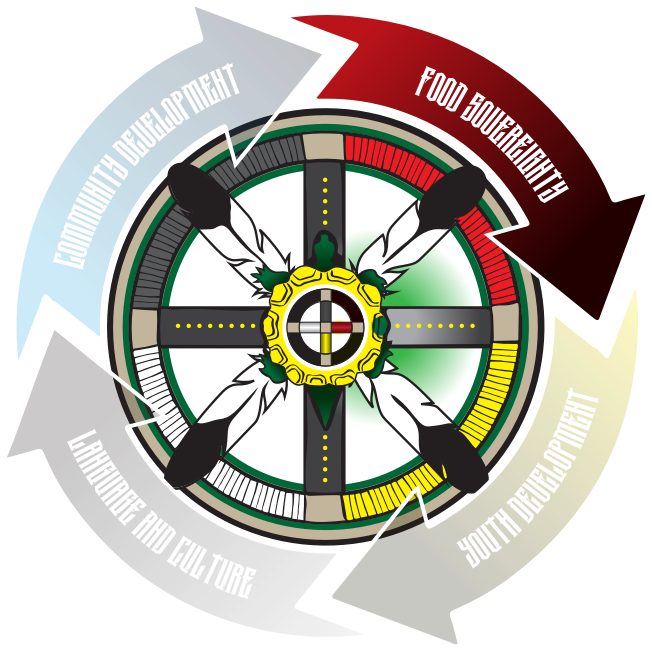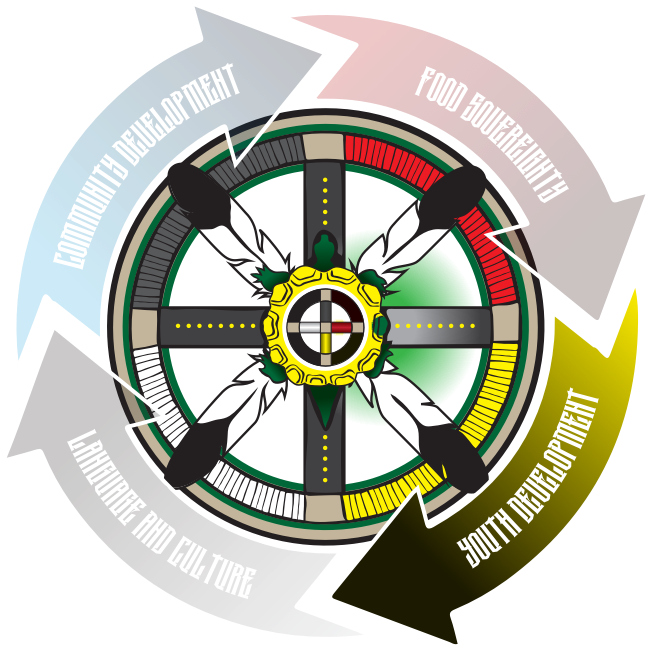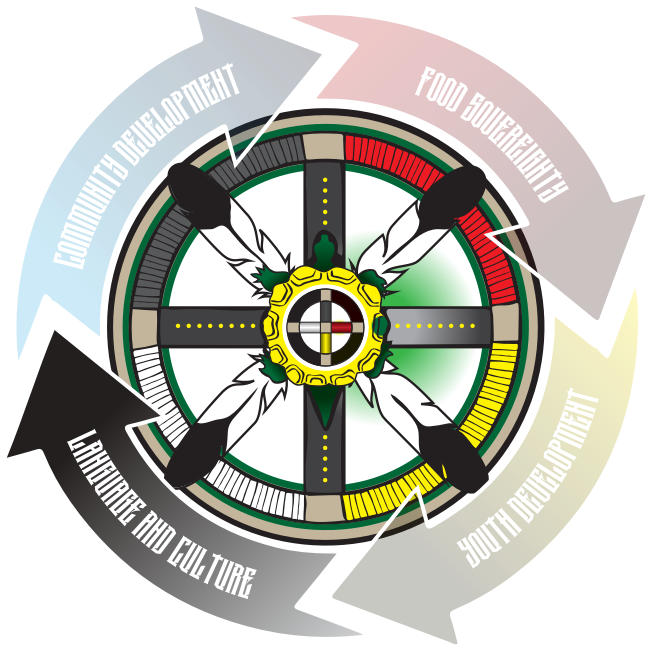Our Work
Building a sustainable future that will empower Indigenous Peoples to create change consistent with our Lakȟóta and Dakȟóta values
Our change of theory statement reads: “Yutȟéča – Restoring our ancestors’ teachings to create a future that is our own!” This statement suggests a commitment to honoring and revitalizing ancestral knowledge and traditions to shape a positive and self-determined future.
This commitment to honoring and revitalizing ancestral knowledge and traditions is not just important for the Indigenous communities, but for everyone. Here are some reasons why:
Ancestral knowledge and traditions hold valuable information about sustainable living practices that can benefit the environment and combat climate change.
Revitalizing these traditions can help to preserve cultural diversity and promote intergenerational learning and understanding.
It can also lead to a greater sense of identity and purpose, as individuals connect with their roots and heritage.
Embracing ancestral knowledge and traditions can foster a sense of community and unity, as people come together to celebrate and practice shared traditions.
Overall, by recognizing and honoring the wisdom of our ancestors, we can create a more just, equitable, and sustainable future for all.
COMMUNITY DEVELOPMENT
The Community Development Initiative (CDI) is committed to enhancing the economic well-being of the Standing Rock Sioux Nation. Through the provision of affordable housing, job creation, and the development of recreational opportunities, the CDI aims to uplift the community and improve the overall quality of life. Additionally, the CDI strives to promote self-sustainability, ensuring that the Nation can thrive independently and achieve long-term economic growth.
The Standing Rock Sioux Nation has a rich cultural heritage, and the Community Development Initiative recognizes the importance of preserving and celebrating this heritage. In addition to the economic benefits of the initiative, there are several cultural benefits as well.
Here are some additional points:
The Community Development Initiative plans to establish cultural centers and museums that showcase the history and traditions of the Standing Rock Sioux Nation. This will not only provide a source of pride and education for tribal members, but it will also attract tourists and generate revenue.The initiative also seeks to promote the use of traditional arts and crafts, such as beadwork, weaving, and pottery. By supporting local artisans and providing opportunities for them to sell their work, the initiative can help preserve these important cultural traditions while also providing an economic boost.
The Community Development Initiative recognizes that a strong sense of community is essential to the success of any economic development effort. As such, the initiative plans to organize events and activities that bring tribal members together, such as powwows, sports tournaments, and cultural festivals. These events not only foster a sense of community, but they also provide opportunities for local businesses to sell their products and services.
FOOD SOVEREIGNTY
The Food Sovereignty Initiative (FSI) is dedicated to revitalizing and reclaiming our Indigenous food systems. By restoring traditional agricultural practices, promoting sustainable farming methods, and preserving native crops, the FSI empowers our communities to regain control over our food sources. This initiative is driven by a commitment to self-determination, as we recognize that a healthy and culturally appropriate food system is fundamental to combating preventable health epidemics and nurturing the overall well-being of our people.
Indigenous food systems have long been a source of sustenance and cultural identity. However, colonization and modernization have led to the marginalization and erasure of these systems. The Food Sovereignty Initiative seeks to reverse this trend by promoting the revitalization of traditional food practices and empowering communities to reclaim their food sovereignty.
Here are some additional points to consider:
Food sovereignty is more than just access to healthy food. It encompasses the right to determine one’s own food system, from production to distribution.
Indigenous food systems are often more sustainable and resilient than modern, industrialized agriculture. By promoting these systems, we can work towards a more sustainable and equitable food future.
The Food Sovereignty Initiative is not just about food. It is also about reclaiming cultural heritage, strengthening community ties, and improving overall well-being.
YOUTH DEVELOPMENT
The Youth Development Initiative (YDI) is focused on empowering our youth to reach their fullest potential and become leaders in their communities. Guided by the principles of our Dakȟóta/Lakȟóta teachings, the YDI provides programs and resources that support the holistic development of our young people. By fostering positive lifestyles, promoting cultural identity, and offering educational and mentorship opportunities, the YDI aims to instill resilience, confidence, and a strong sense of purpose in our youth.
The Youth Development Initiative is a program that focuses on empowering young people to become active and engaged members of their communities. The program aims to help young people develop a strong sense of self-worth and to provide them with the tools and resources they need to succeed.
In line with traditional Dakota/Lakota teachings, the program emphasizes the importance of community, family, and spirituality. It encourages young people to build strong relationships with their peers, elders, and family members, and to become active members of their communities.
The program offers a range of services and activities designed to help young people develop the skills and knowledge they need to succeed. These include mentoring, tutoring, cultural education, leadership development, and career readiness training. By providing these opportunities, the Youth Development Initiative helps young people to reach their full potential and to live positively, in line with traditional Lakȟóta and Dakȟóta teachings.
LANGUAGE & CULTURE
The Cultural Arts Initiative (CAI) is dedicated to the preservation and celebration of our language and culture within the Tribe and its Communities. Through various artistic expressions, language revitalization efforts, and cultural events, the CAI fosters a deep appreciation for our heritage among all members of the Tribe. By actively engaging in the conservation and transmission of our traditions, the CAI strengthens our collective identity, promotes intergenerational connectivity, and ensures the vibrant continuation of our rich cultural legacy.
Cultural Arts Initiative: The Cultural Arts Initiative aims to preserve language and culture by linking teachers with young adults and youth within the community.
By linking teachers with young adults and youth within the community, the Cultural Arts Initiative is creating a unique opportunity for individuals to learn and grow in an environment that is rich in language and culture. Some additional context that may be relevant to this initiative includes:
The importance of preserving language and culture: By preserving language and culture, we are able to pass down traditions and stories that have been passed down for generations. This can help to strengthen a sense of community and belonging and can also ensure that important knowledge and values are not lost over time.
The role of teachers in this initiative: Teachers play a vital role in the Cultural Arts Initiative by sharing their knowledge and expertise with young adults and youth. They are able to provide guidance and support and can help to create a safe and welcoming environment where individuals can learn and grow.
The impact of this initiative on the community: By preserving language and culture, the Cultural Arts Initiative is helping to create a stronger, more connected community. It is also providing opportunities for individuals to develop new skills and to connect with others who share their interests.
Overall, the Cultural Arts Initiative is an important effort to preserve language and culture and to promote learning and growth within the community.
PARTNERS AND COALITION BUILDING
At the SRCDC, we believe in the power of collaboration and partnership to create positive change and transform communities. We recognize that no single organization can address the complex challenges faced by our community alone. Therefore, we are committed to building strong partnerships and coalitions to implement our great work and maximize our impact.
Our Approach to Partnership:
1. Shared Vision and Values: We seek partners who share our vision of creating thriving, inclusive, and sustainable communities. We value integrity, equity, collaboration, and a deep commitment to social justice. By aligning our values and goals, we can work together towards a common purpose.
2. Mutual Benefit: We believe in the power of mutually beneficial partnerships. We strive to create partnerships that provide value to all involved parties, fostering a sense of shared ownership and responsibility. We recognize that by working together, we can achieve greater outcomes and make a more significant impact on the lives of community members.
3. Diversity and Inclusion: We actively seek partnerships that reflect the diversity of our community. We value the unique perspectives, experiences, and expertise that different organizations and individuals bring to the table. By embracing diversity and inclusion, we can foster innovation, creativity, and more comprehensive solutions to community challenges.
4. Collaboration and Cooperation: We believe in the strength of collaboration and cooperation. We actively seek opportunities to work together with partners, sharing resources, knowledge, and expertise. Through collaborative efforts, we can leverage our collective strengths and address complex issues more effectively.
5. Long-term Relationships: We aim to build long-term, sustainable relationships with our partners. We value trust, open communication, and transparency in our partnerships. By nurturing these relationships, we can create a strong network of organizations and individuals committed to making a lasting impact on our community.










